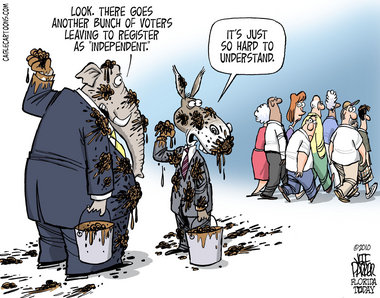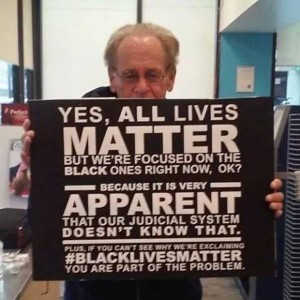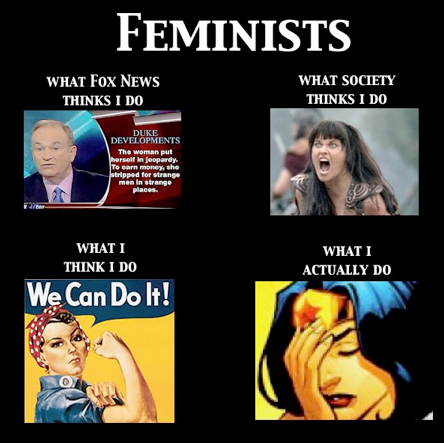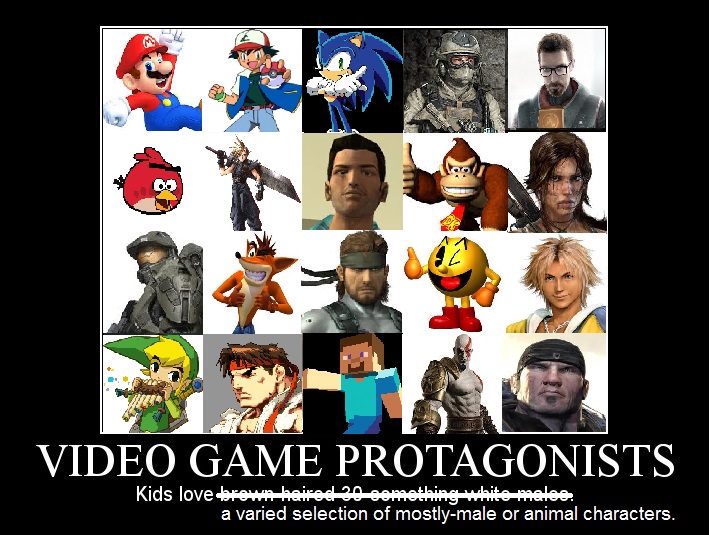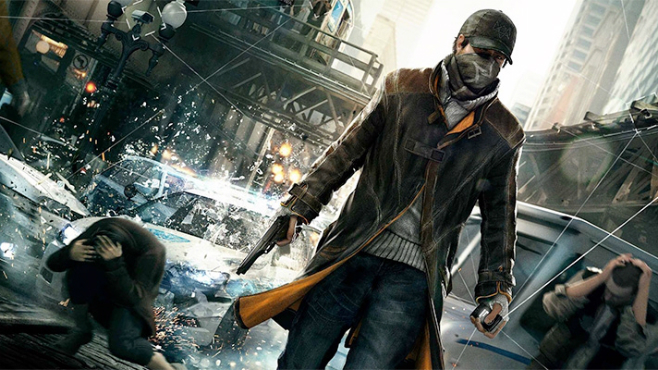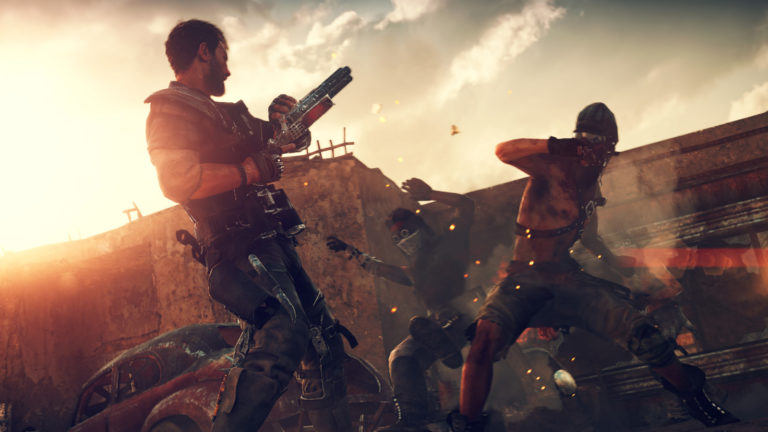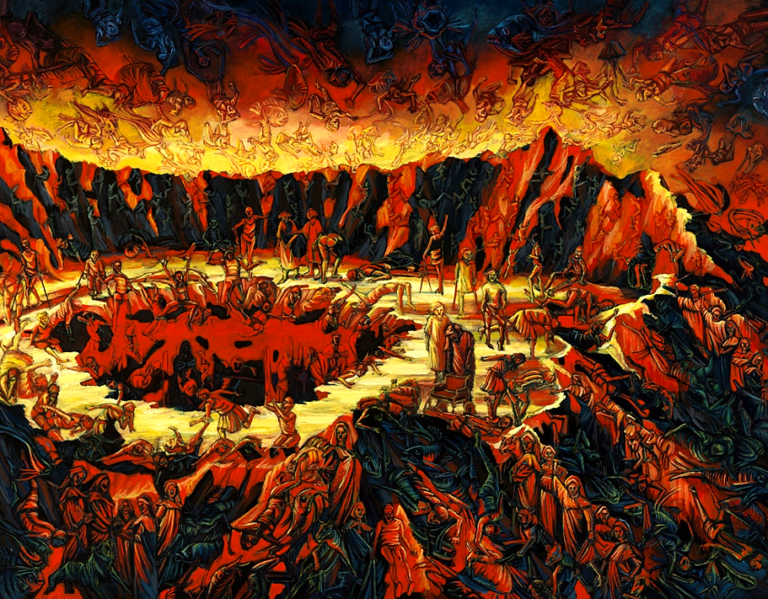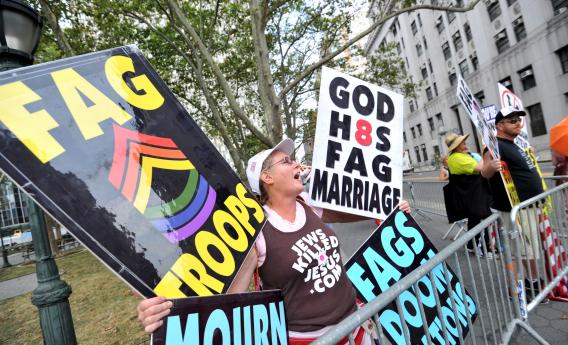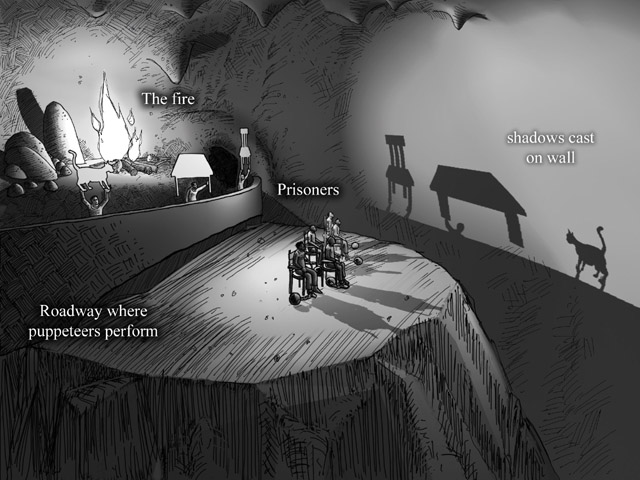As you have probably heard by now, during this past week President Obama has taken executive action...
ideology
There’s a recurring argument which seems to occur within my family every couple months. Most recently it...
Depending on how much attention you pay to gaming news, you might have heard about the latest...
The amount of hate out there for SJWs at the moment is insane. I haven’t seen this...
I have been kind of withholding a post on the Planned Parenthood shooting because I have been...
So recently my morning started off in fantastic fashion as one of my friends on Facebook shared...
Critical reviews are an endless source of discussion in popular culture. On the one hand, they offer...
Although it seems to have cooled off slightly in the last couple years, western culture seems to...
So the other day I had the horrifying idea of checking out what The Blaze thought about...
So I was recently reading this article on Polygon about unequal racial representations in gaming, and it...
If you’ve been on the Internet for a while, chances are you’ve heard of the batshit insanity...
